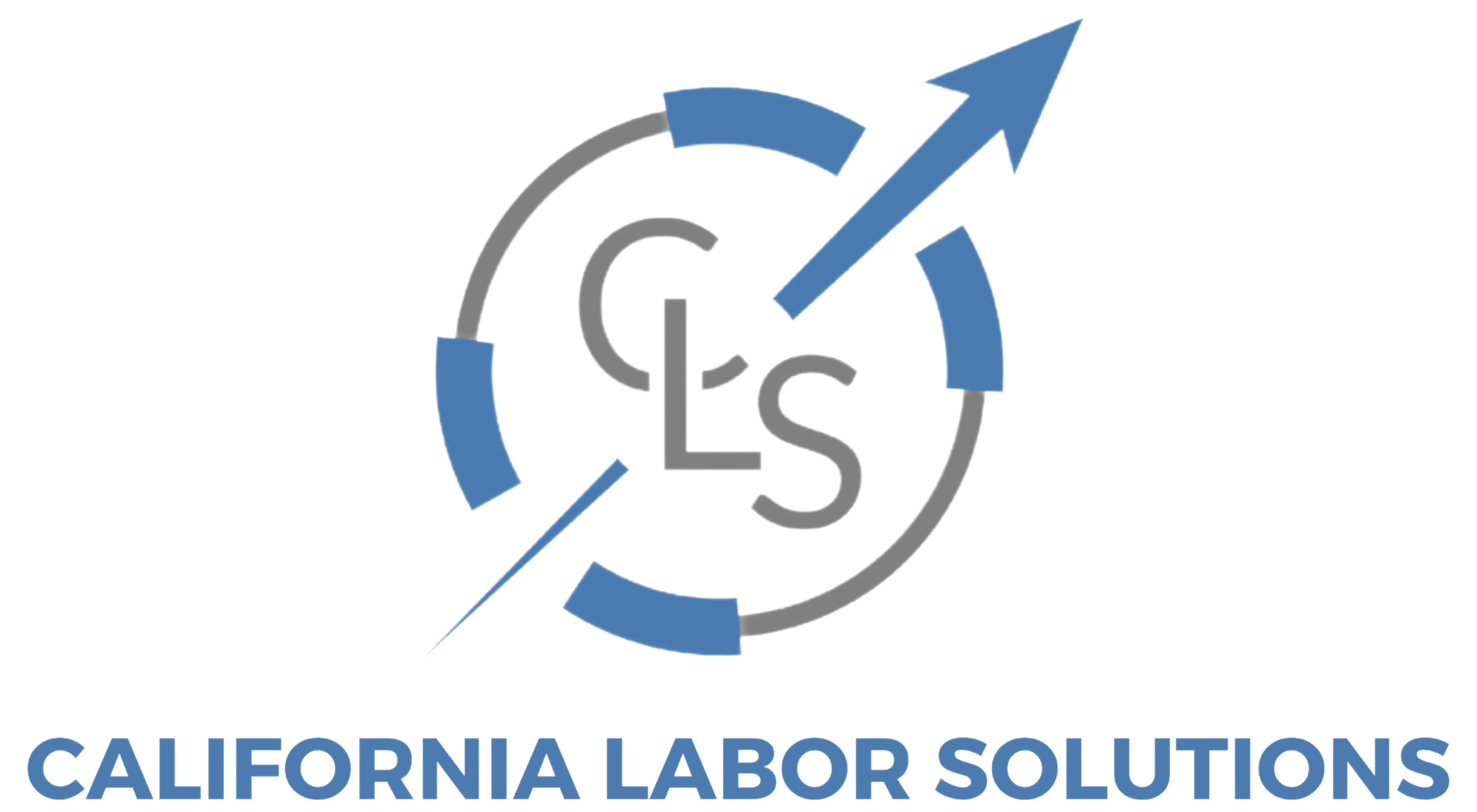AB 5 Freelancers California Contractors – these are terms that have sparked controversy and confusion since the passing of California Assembly Bill 5 (AB 5) in 2019. Designed to combat worker misclassification, AB 5 redefined the rules for freelancers, gig workers, and independent contractors, forcing businesses to reassess how they engage non-traditional employees.
For freelancers in California, the law has had widespread consequences, impacting industries from journalism to ride-sharing. Here’s what California contractors need to know about AB 5, its exemptions, and how to stay compliant.
What Is AB 5 and Why Was It Introduced?
AB 5, also known as the “Gig Worker Law,” was designed to reclassify many independent contractors as employees, providing them with labor protections such as:
✅ Minimum wage & overtime pay
✅ Paid sick leave & benefits
✅ Unemployment insurance & workers’ compensation
The law is based on the ABC Test, which determines whether a worker is a true independent contractor or should be classified as an employee.
How the ABC Test Defines Independent Contractors
To be classified as an independent contractor under AB 5, a freelancer must meet all three of the following conditions:
1️⃣ A – The worker is free from the control and direction of the hiring entity.
2️⃣ B – The worker performs work outside the usual course of the hiring entity’s business.
3️⃣ C – The worker is engaged in an independently established trade, occupation, or business.
If a freelancer fails any part of the ABC Test, they must be classified as an employee, meaning businesses would need to provide benefits, payroll taxes, and other employment protections.
Who Is Exempt from AB 5?
After heavy backlash, California passed AB 2257, which carved out exemptions for certain freelancers, including:
- Licensed professionals (lawyers, doctors, architects)
- Marketing and graphic designers
- Freelance writers & journalists (with limits)
- Real estate agents
- Performing artists & musicians (with conditions)
- Certain gig workers under Prop 22 (Uber/Lyft drivers)
Even if a profession is exempt, the Borello Test (a multi-factor test for contractor status) may still apply.
How AB 5 Affects Freelancers and Small Businesses
For Freelancers
- Many companies have stopped hiring California freelancers to avoid compliance issues.
- Some have shifted to hiring out-of-state contractors instead.
- Freelancers in non-exempt industries may need to form LLCs or sole proprietorships to maintain independent status.
For Businesses Hiring Contractors
- Increased liability for misclassification fines.
- Must reevaluate hiring strategies for freelancers and gig workers.
- Some businesses are offering part-time employment instead of contractor roles.
How to Stay Compliant with AB 5
✔ Review Contractor Agreements – Ensure all freelancers meet ABC Test criteria.
✔ Use AB 2257 Exemptions – See if a worker qualifies under the revised exemptions.
✔ Reclassify Where Necessary – Convert workers into part-time employees if they fail the ABC Test.
✔ Consult a Compliance Expert – HR consultants or employment attorneys can help businesses navigate AB 5 regulations.
Need Help Understanding AB 5?
At California Labor Solutions, we specialize in workforce classification compliance and HR consulting for businesses impacted by AB 5. Whether you’re a freelancer or an employer, we can help you navigate California’s independent contractor laws and avoid misclassification risks.

